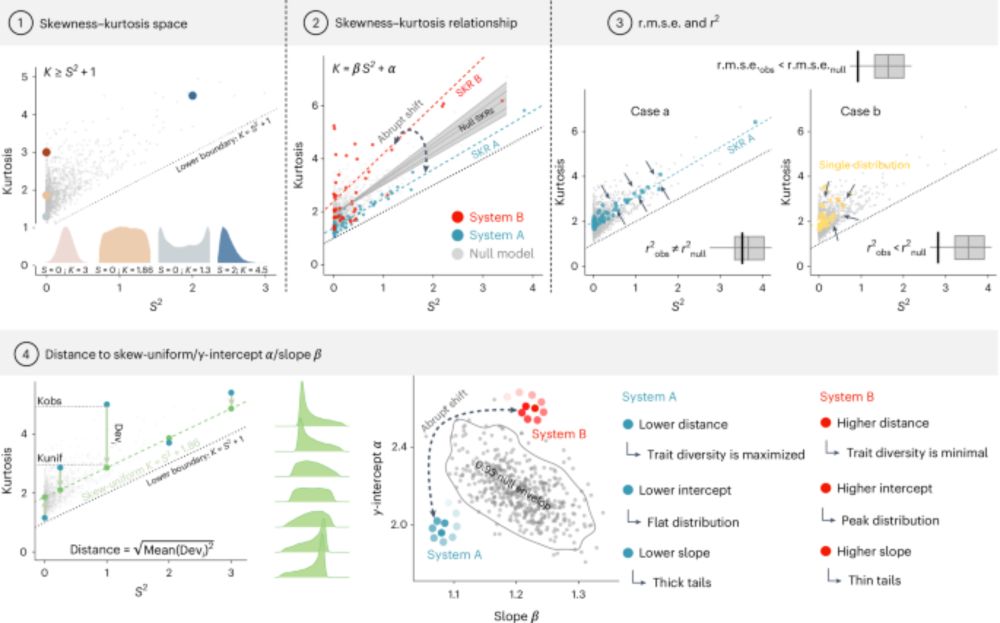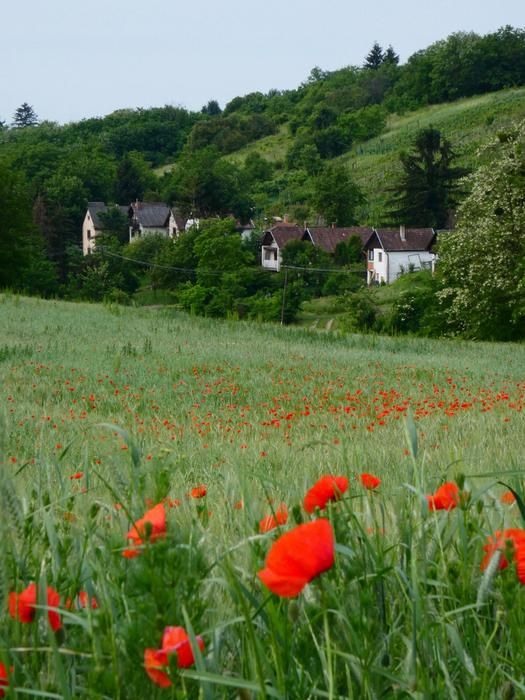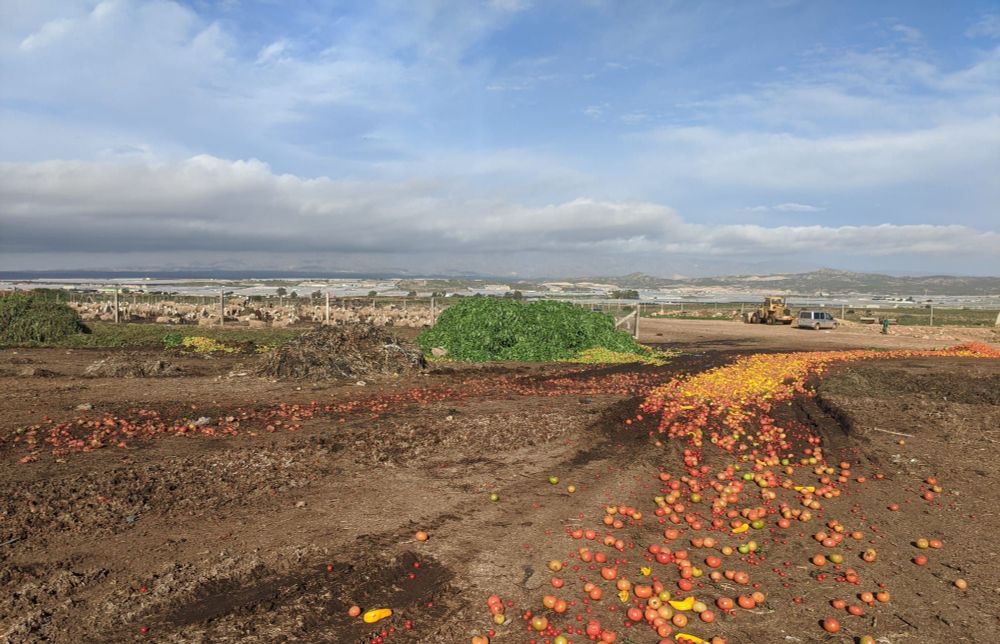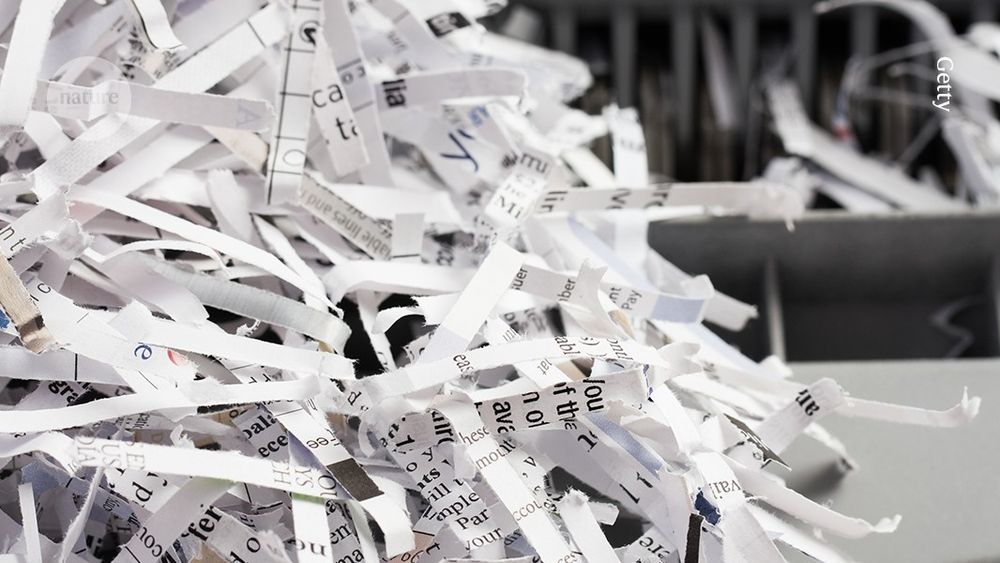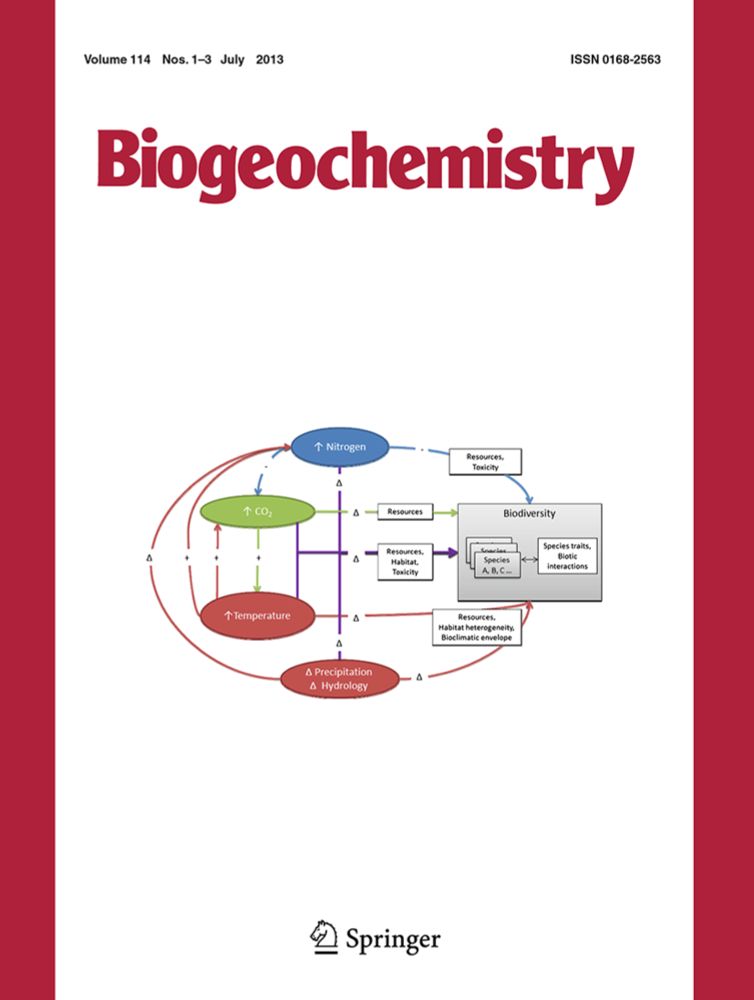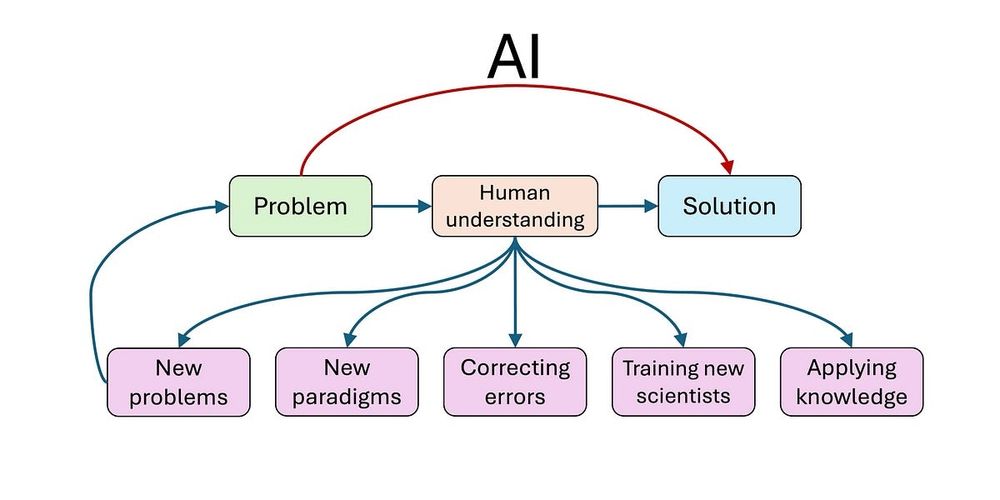Nicolas Gross
@nicolas-p-gross.bsky.social
3.3K followers
1.2K following
90 posts
Community ecologist interested in the biodiversity-ecosystem functioning relationship
Posts
Media
Videos
Starter Packs
Reposted by Nicolas Gross
Reposted by Nicolas Gross
Reposted by Nicolas Gross
Reposted by Nicolas Gross
Reposted by Nicolas Gross
Adrien Rusch
@arusch.bsky.social
· Aug 21
Thomas Perrot
@tperrot.bsky.social
· Jul 30

Crop yield loss under high insecticide regime driven by reduction in natural pest control | Proceedings of the Royal Society B: Biological Sciences
Current agricultural pest management mainly relies on the use of synthetic insecticides
with strong adverse impacts on the environment or humans. Decreasing crop productivity
in the case of pesticide-...
urlr.me
Reposted by Nicolas Gross
Matthias C. Rillig
@mrillig.bsky.social
· Aug 18
Science becomes trustworthy by constantly questioning itself
What happens when the greatest strengths of science, such as openness, humility, self-criticism and self-correction, are exploited for political gain? This Perspective calls for scientists to affirm t...
journals.plos.org
Reposted by Nicolas Gross
Reposted by Nicolas Gross
Reposted by Nicolas Gross
Reposted by Nicolas Gross
Margaret Evans
@mekevans.bsky.social
· Jul 31

Reconsidering space-for-time substitution in climate change ecology - Nature Climate Change
Ecologists often leverage patterns observed across spatial climate gradients to predict the impacts of climate change (space-for-time substitution). We highlight evidence that this can be misleading n...
www.nature.com
Reposted by Nicolas Gross
Pierre Dezeraud
@pierredzrd.bsky.social
· Jul 29
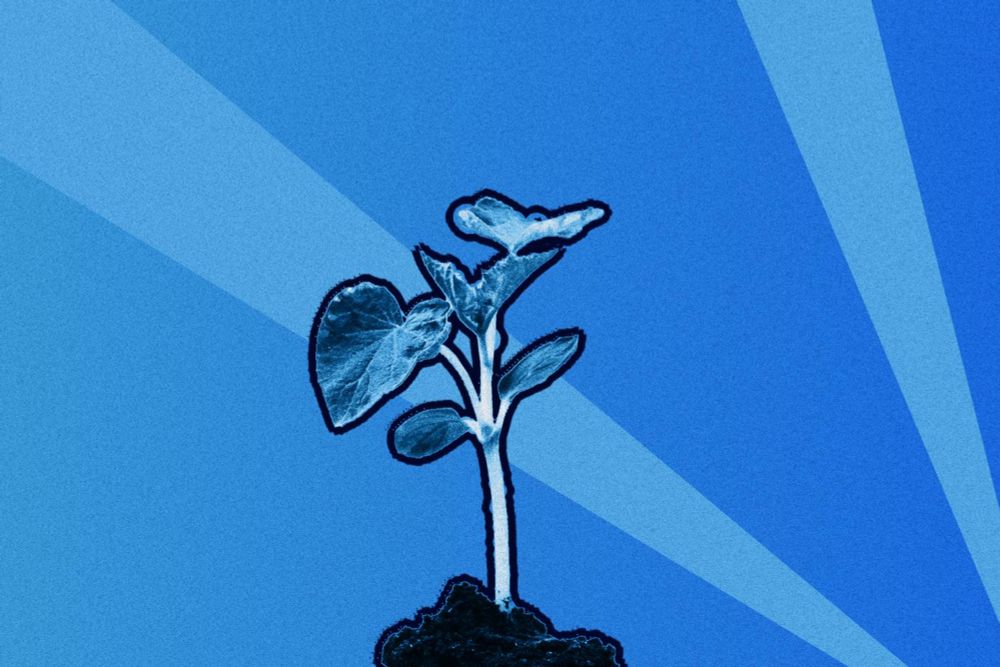
« Le Conseil constitutionnel doit censurer la loi Duplomb au nom du principe de précaution »
TRIBUNE. Alors que la pétition contre le texte réintroduisant l’acétamipride a franchi les deux millions de signataires, des associations de patients et des sociétés savantes médicales ou scientifique...
www.lemonde.fr
Reposted by Nicolas Gross
Reposted by Nicolas Gross
Reposted by Nicolas Gross
Reposted by Nicolas Gross
Brian J. Enquist
@bjenquist.bsky.social
· Jul 16

Denying that we may be experiencing the start of the Sixth Mass Extinction paves the way for it to happen
Arguing that we are not currently experiencing a Sixth Mass Extinction, or at least
playing down its possibility, gives support to those who would happily allow it to
happen. Wiens and Saban [1], in a...
www.cell.com

